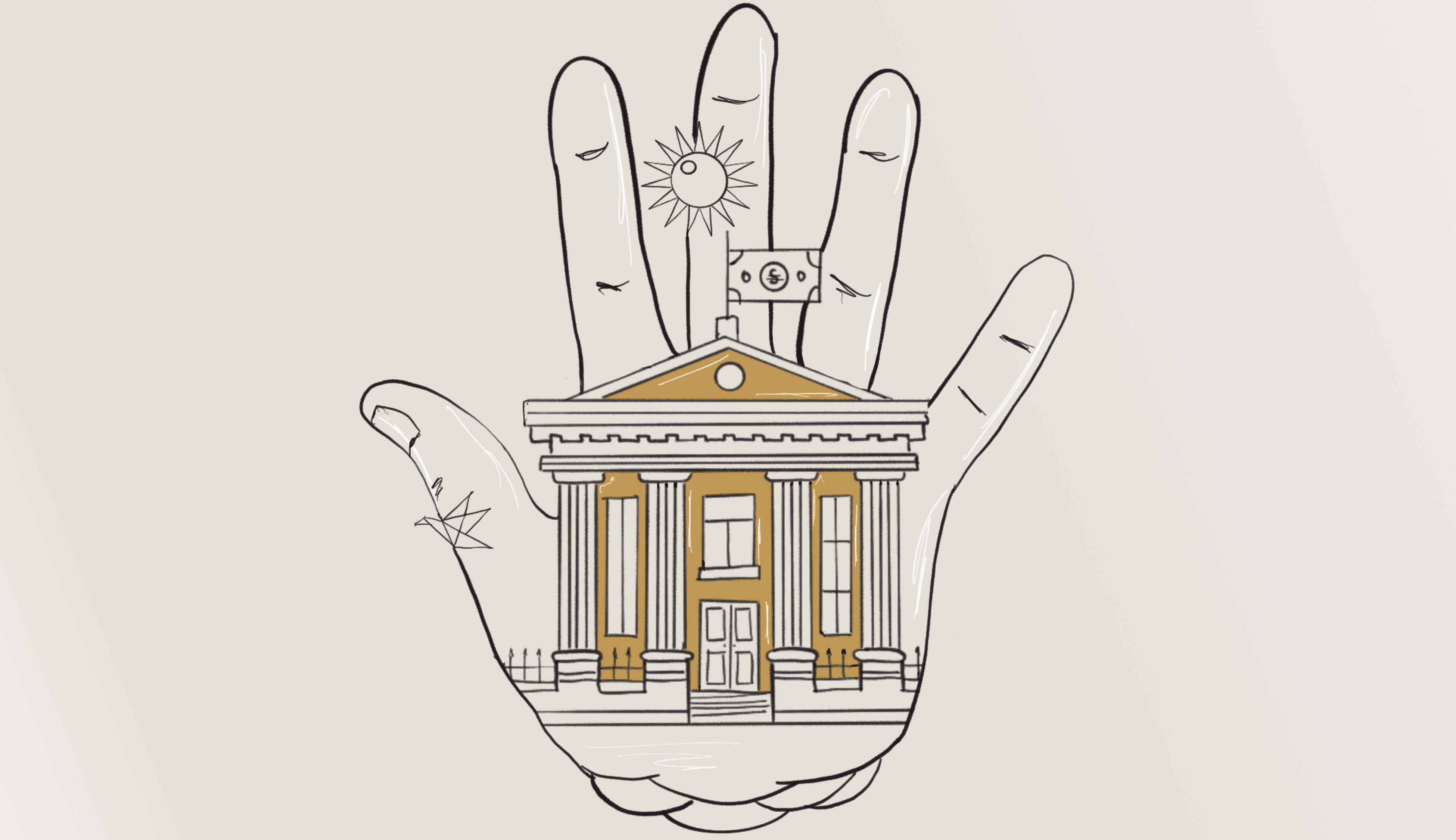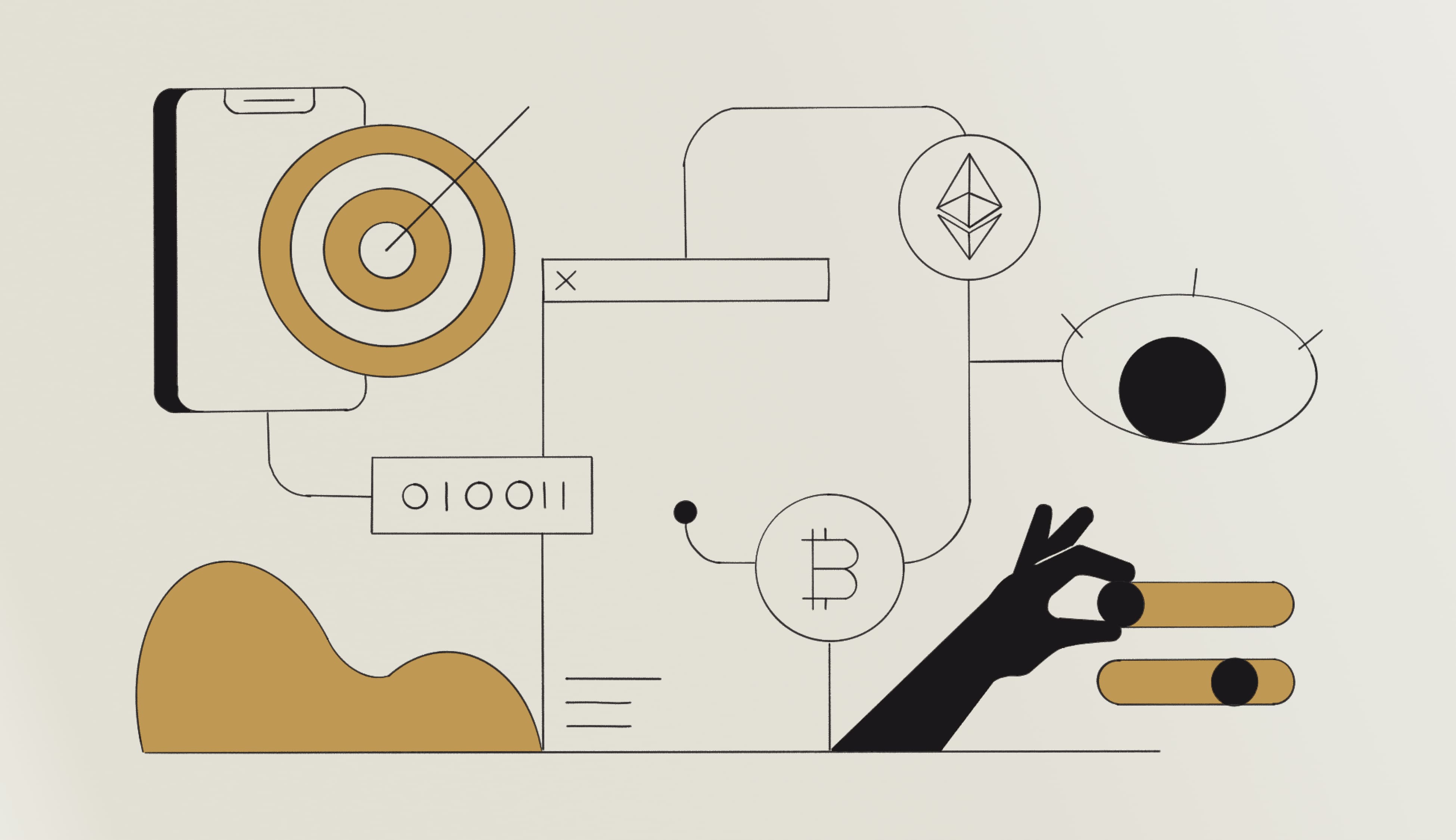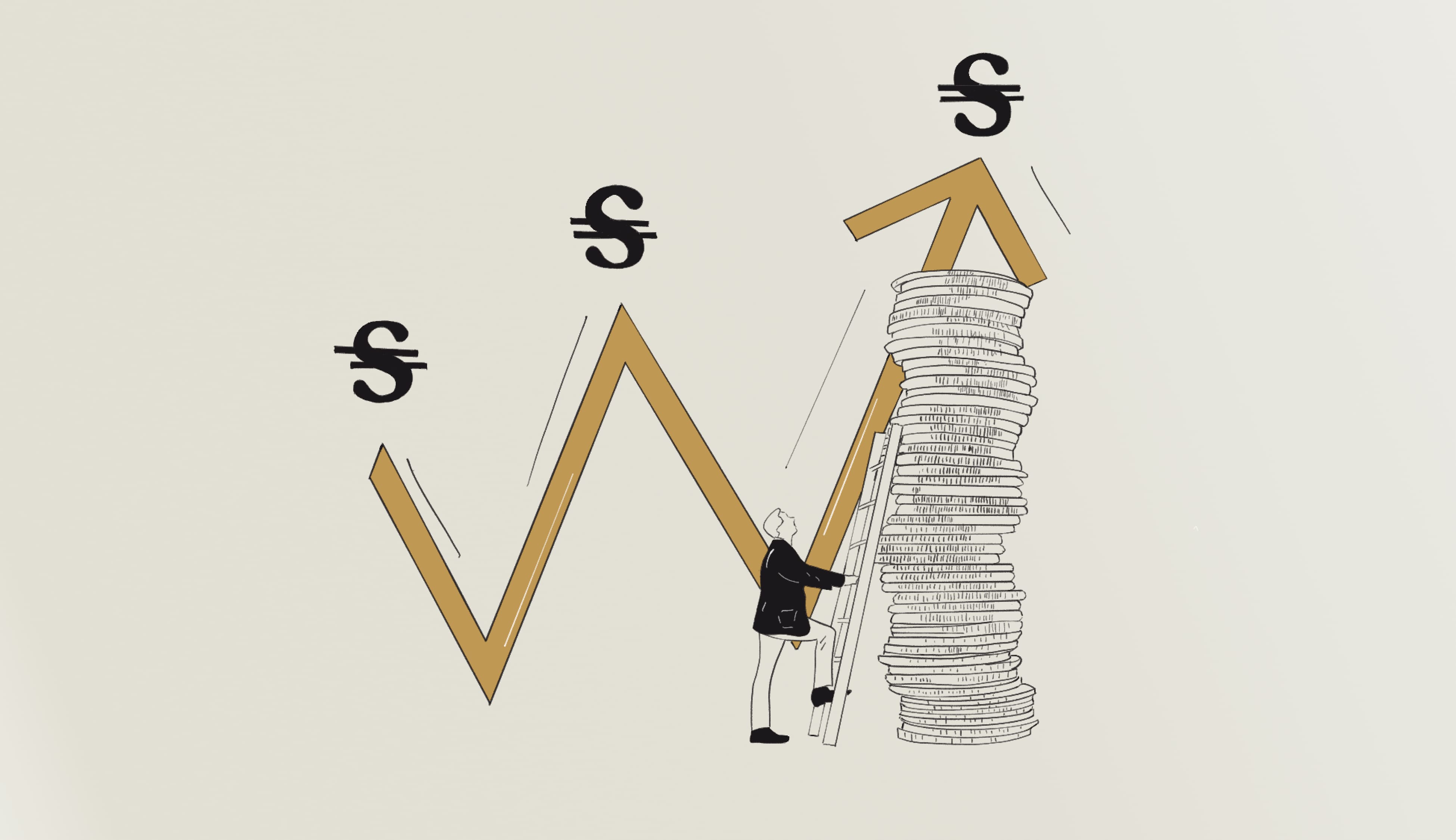New regulations from the National Anti-Corruption Bureau of Ukraine: will the permission to buy currency in banks be in demand?
Share this post

On October 21, the National Bank allowed the purchase of non-cash dollars for the population at the official rate of 36.57 hryvnia. However, citizens will not be able to get this money in their hands — it will be kept on deposit, and at the end of its term, the amount will be converted into hryvnia. It is expected that such mechanism allows the Ukrainians to keep their savings, decrease demand for foreign currency, reduce pressure on the exchange rate and save the international reserves. Some banks have already reacted to the innovations, but did the people and potential depositors like it? In this blog, let's find out if this approach will change the situation in the foreign exchange market.
The National Bank of Ukraine introduced a new instrument so that citizens could protect their savings amid excessive inflation caused by the war. This mechanism is quite simple: a bank customer buys currency, it is counted on the deposit, and at the end of the term the investments are converted into hryvnias at the current official exchange rate. After that, the client can receive and use these funds. At the same time, there is no limit on the amount and number of deposits. Every banking institution will determine the interest rates it can offer to its customers. It should be added that the term of the deposit must be at least 6 months with a probable extension, but without the possibility of early termination. Banks will not be able to use this currency for their own transactions, it will be placed in the National Bank, which will pay them 3% per annum.
It follows from all this that depositors can earn on such investment only if the official exchange rate of the hryvnia declines. Of course, in a situation of constant hostilities, rocket attacks and a declining economy it is unlikely that the hryvnia will strengthen significantly in the near future. If the hryvnia exchange rate stays at the same level, and a depositor buys foreign currency and opens a deposit, he will get the same amount plus the bank's rate six months later. Given the high inflation, the question arises, how interested can people be in such investments?
PrivatBank was the first to respond to the innovations and already on October 21 presented a corresponding option in the Privat24 application, which appeared in the section with other deposits. At the same time the minimum amount invested will be $500, the commission for buying currency will not be charged, and the rate will reach 0,001% per annum. It is impossible to replenish this deposit, but the number of open deposits can be unlimited. Monobank, in turn, is in no hurry to introduce innovations. Co-founder Oleg Gorokhovsky first announced the new deposits, and then, seeing the reaction of users, created a poll. In this vote, customers argued for unnecessary of this feature. At the moment, "mono" did not report on the introduction of new currency deposits.
Obviously, people are in no hurry to make such investments, because this type of deposit cannot be prematurely terminated, and the benefit does not exceed the risk. It is likely that over time, the NBU will correlate the ratio of hryvnia to dollar, as it did last time in July. Let me remind you that at that time the value of the dollar rose from 29.2 to 36.6 hryvnia. Now, it is difficult to say when the next increase will be, but it is expected that the average annual dollar rate will be about 42 hryvnias in 2023.
The first most important aspect of allowing the purchase of foreign currency for deposits should be considered the reduction of the rush in the cash market, because demand is expected to decrease. As a second positive factor, we should consider the fact that international reserves will not decrease due to the reverse sale of deposit funds. Given the rapid implementation in some banks, the project has been developed with the participation of some banking institutions, which means that the support of the banking sector is already guaranteed.


